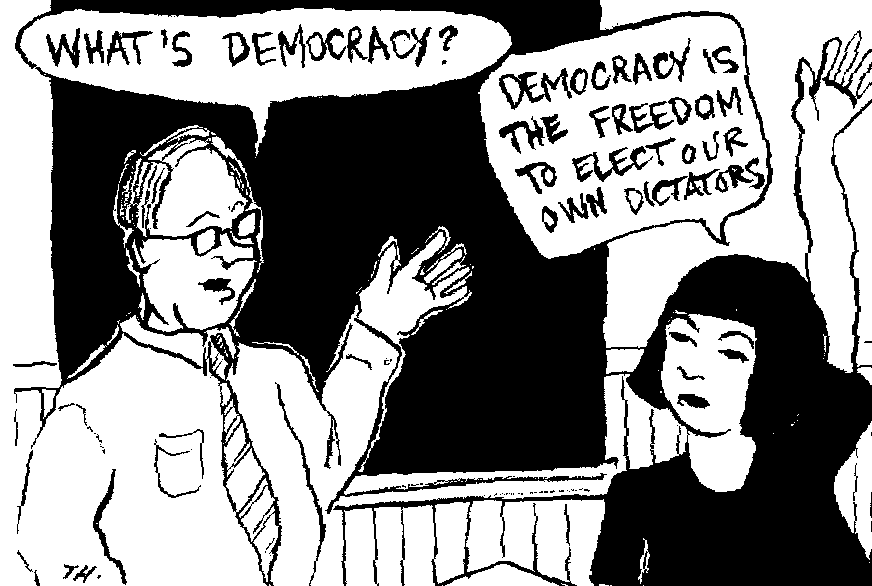
Thanks for this post, Bob. Frye was quite ready to make his political sympathies–and antipathies– known. I remember him introducing Harold Bloom to a packed house at the University of Toronto just after Reagan had been elected president for the first time. There was something in the title of Bloom’s talk concerning “creation-by-catastrophe,” one of the gnostic concepts he was using at the time of his Anxiety of Influence. Frye, dead-pan as usual, stated that it was particularly appropriate to have an American critic speaking to a Canadian audience on the theory of catastrophe in light of the election results that had just taken place in Bloom’s homeland. The audience, needless to say, broke up.
In response to Mike’s recent posts (here and here), here is a passage I ran across in Frye’s essay “Crime and Sin in the Bible.”
Most of us, I assume, would share the assumptions about liberty and equality . . . that have been formulated at least since John Stuart Mill’s time. We take for granted the principle of equality of all citizens before the law and the principle of the greatest amount of individual autonomy consistent with the well-being of others. To the extent that the laws are bent in the interests of a privileged or aggressive group; to the extent that citizens live under arbitrary regulations enforced by terror; to that extent we are living in an illegal society. If we regard our own society as at least workably legal, we also take largely for granted that the real basis for the effectiveness of law in such a society is an invisible morale. The law in itself is compelled to deal only with overt actions, so that from the law’s point of view an honest man is any man not yet convicted of stealing. But no society could hold together with so loose a conception of morality; there has to a sufficient number of self-respecting citizens who are honest because they like it better that way.
Under Bush and now under our own Stephen Harper, and in both cases in the interests of the same “privileged” and “aggressive group”–the wealthy and powerful–cynical and dishonest leaders are actively undermining their societies. As Frye says, whatever legal system you have, you need “a sufficient number of self-respecting citizens” to make a viable democracy. It is this “invisible morale” that makes all the difference. What happens when it is the government itself that is undermining that morale, when governments themselves have no self-respect and are, to play with Frye’s wording, dishonest because they like it better that way? If we are not vigilant, as Michael suggests, we will find ourselves– if we are not already there– “living in an illegal society.”
